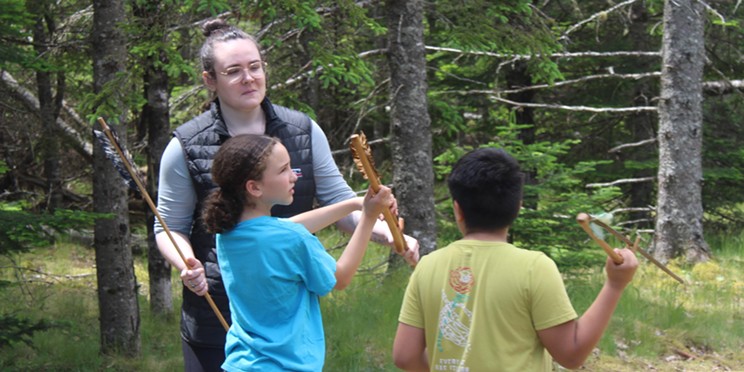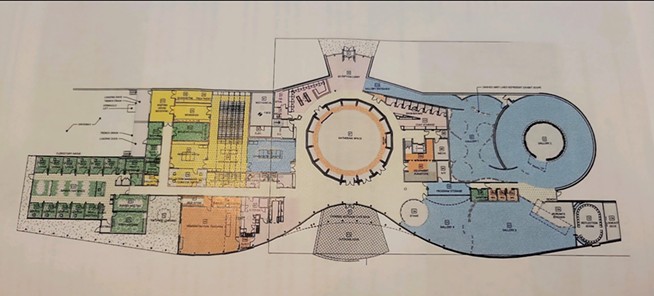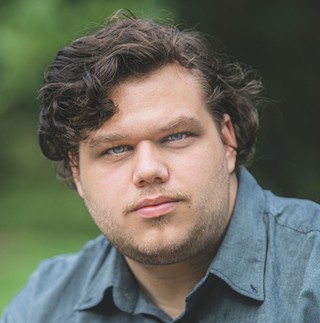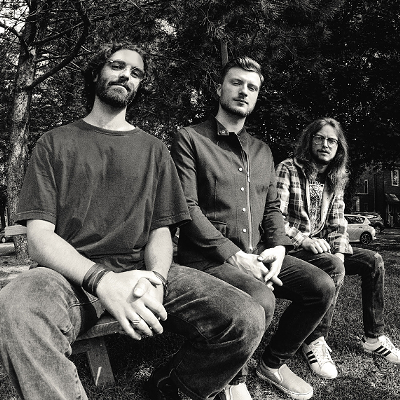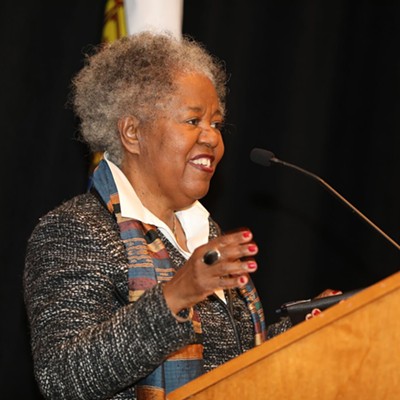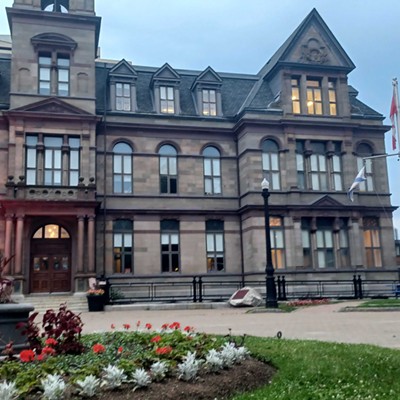A class of Grade 5 students from Truro Elementary wondrously inspected replica Mi'kmaq artifacts and practised firing arrows in a small clearing surrounded by trees.
To Mi’kmaq educator Gerald Gloade, this is how children should learn about their culture and history.
The class had come out to the Mi’kmawey Debert Interpretive Trail on Tuesday afternoon as folks from the Mi’kmawey Debert Cultural Centre (MDCC) celebrated several of its recent achievements—notably, the success of its environmental stewardship, and the steps they’ve taken towards the construction of their cultural centre, a project that’s taken over two decades to get off the ground.
At the heart of the celebration was education. Educating folks who walk through the trails as they read displays concerning Mi’kmaq history. Learning from the artifacts that have been found throughout the site in Debert. Most importantly, teaching children to embrace their Mi’kmaq heritage and to learn not just from textbooks, but the world around them.
“We went to the Department of Education, and looking at the educational outcomes, the only thing they had for Mi’kmaq studies was history,” said Gloade. “We’re still a group of people that are here. We still have a way of life and contributions to make.”
Land-based learning
Land-based learning has been one of Gloade’s focuses since joining up with the MDCC—a method of teaching that he says has become more popular since the COVID-19 pandemic. This includes anything from teaching survival skills and outdoor games to sharing oral histories and traditional Mi’kmaq knowledge.
To Gloade, this type of teaching has helped restore pride in their heritage for some Mi’kmaq students.
“You used to go into the schools, and the Mi’kmaq kids would be sort of ashamed,” he said. “Now you go in there and they’re talking about different things… it’s giving them a sense of pride. You have a way of life that you can still make contributions to.”
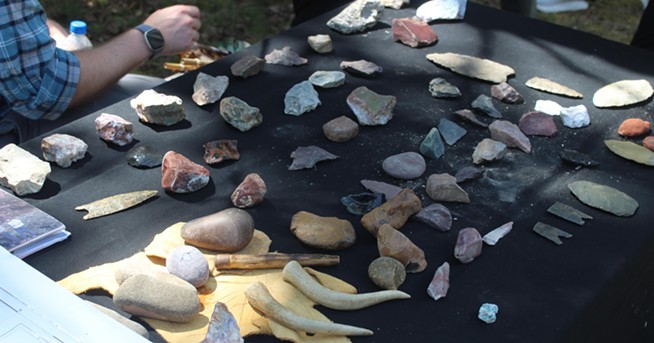
Gloade hopes the new centre, slated for construction across the road from the trailhead in Debert, will give both youth and adults opportunities to learn. Quoting the late elder Dr. Lillian Marshall, he said, “I love what the education system did with recycling programs and energy conservation. The schools took it to the kids, the kids took it home, and now it’s just a way of life.”
“She said she would love to see that with traditional Mi’kmaq knowledge and Mi’kmaq ecological knowledge,” said Gloade.
Tim Bernard, executive director for the Mi’kmawey Debert Cultural Centre, spoke about the educational aspect of the future centre.
“When we’re developing Mi’kmawey Debert, it’s important that we take the kids out of the classroom, and remind them of the environment around them. Remind them of their responsibility as human beings to this world, to this special place,” said Bernard.
Bringing history home
Through partnerships with the Canadian Museum of History and the National Museum of the American Indian at the Smithsonian Institution, the cultural centre hopes to bring in large collections of Mi’kmaq artifacts, some of which were found on the site of the Mi’kmawey Debert trails when they were rediscovered in the 1960s.
It was Donald Julien, director emeritus of the Confederacy of Mainland Mi’kmaq and chair of the MDCC board of directors, who brought experts on-site during the late 1980s to analyze other artifacts that were found, with them concluding it had indeed been the site of a Mi’kmaq community hundreds of years ago.
After speaking with the provincial government, the Native Council of Nova Scotia, and in 2001, getting guidance from community elders, the idea of the MDCC came to fruition.
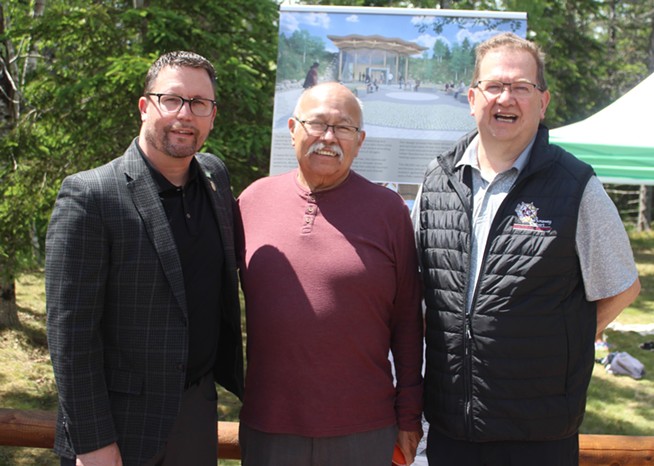
A press release from the MDCC states they expect to attain “thousands of artifacts,” as well as research records to be digitized. The release also states they have raised $35.5 million of their $47.5 million goal to develop the centre, with $12 million yet to go.
And while they’re still in the fundraising stages, this is the closest the organization has ever been to breaking ground, said Bernard. Since 2002, the organization has been working alongside the Elders’ Advisory Council with three goals in mind.
“We want to share our story, protect our past, and we also want a place to explore our histories,” he said.
While they are still in the process with the province of having the land transferred over for the construction of the MDCC, Bernard said they’re getting closer.
“We’ve taken careful steps along the way,” he said. “We always told ourselves that we’re building from the inside out. We could’ve built a building 20 years ago, but we weren’t sure what was going to happen with that building.
Bernard said the centre expects to welcome 60,000 visitors annually once it's complete, and will also act as a meeting place for Mi’kmaq leaders across the province.
Furthermore, the new centre will also give them a place to help with Mi’kmaw healing journeys and reconciliation, with plans to institute an IRS Legacy Program to help residential school survivors and their descendants.
For more information on the Mi’kmawey Debert Cultural Centre, visit their website at mikmaweydebert.ca.

